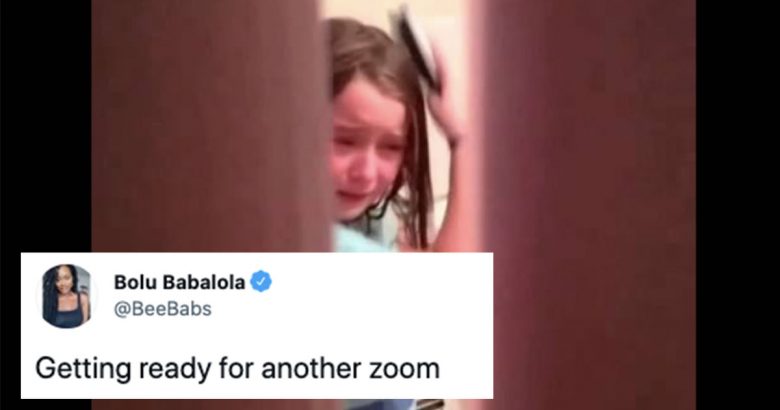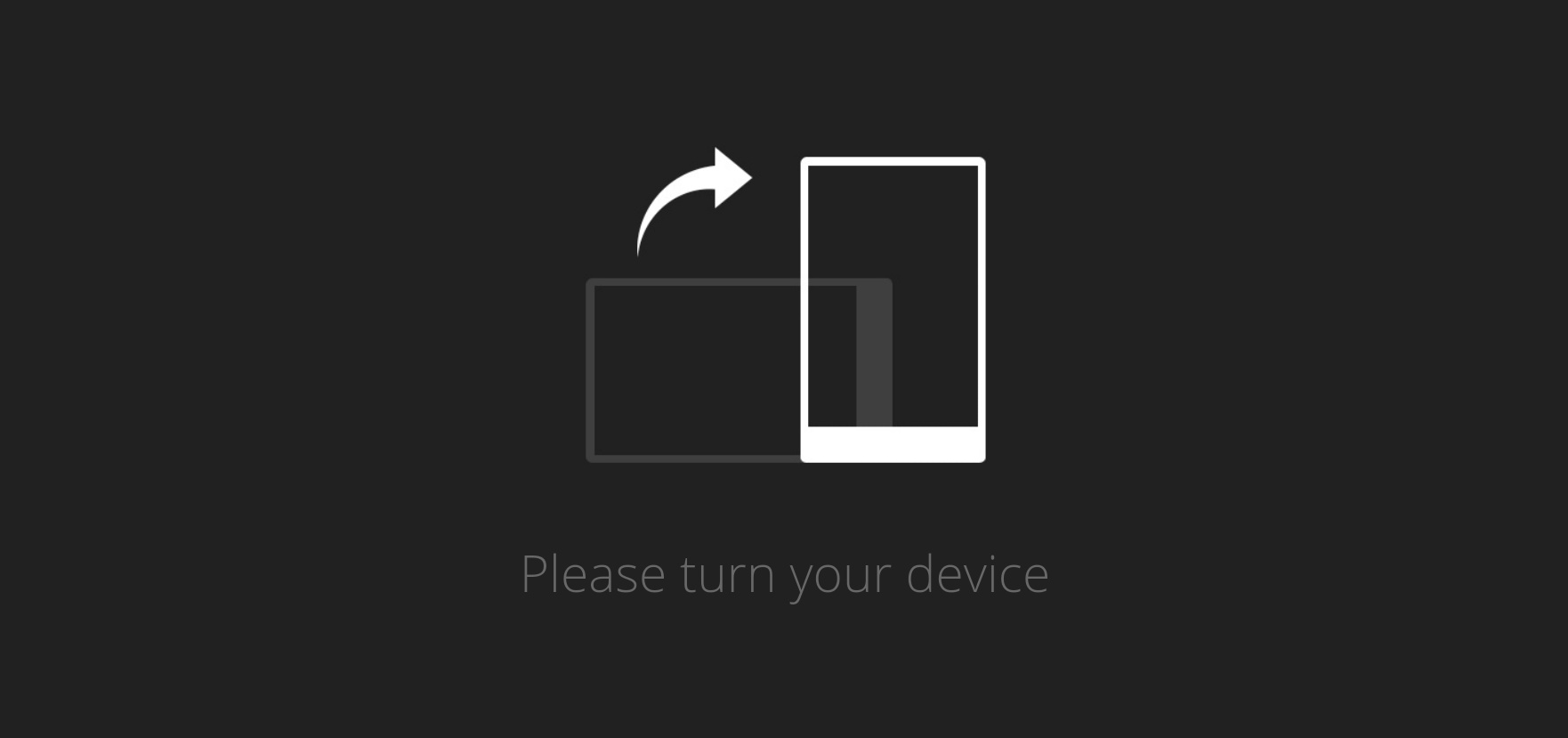
A Life Coach On Millennial Burnout & How To Take Care Of Yourself In Snap Lockdowns
The last 18 months have been hard on everyone we know and with numerous states in Australia now in lockdown again, it’s easy to feel disillusioned with life.
Shannah Kennedy is a life strategist and best-selling author: you may have heard of her due to her book The Life Plan, a self-help book based on step-by-step strategies to elevate our lives and develop the skills required for a satisfying and ultimately sustainable life and career.
View this post on Instagram
Many of us have fallen prey to the endless cycle of what millennial or Gen Z life caters for us – salaries that often don’t reflect our long work hours, fad wellness trends shoved down our throats by Instagram influencers, dating app fatigue, and now physical social isolation which has us turning to our screens more and more. And if you read too much into that, too much screen time is bad for your mental health too! Ultimately it can feel hard to win.
Now as we try to stay positive amid the country’s latest COVID-19 outbreak, 18 months into the pandemic it’s likely you’ve probably questioned at least one aspect of your life, whether it was your job, study, relationship, or place of residence. Maybe you’ve suffered from extreme burnout, maybe you’ve suffered from a broken heart, or maybe you’re just over counting down all the days until this pandemic ends.
So how do we focus on wellbeing and embrace change when, well, everything just kind of feels really shit?
We chatted to Shannah Kennedy about why so many millennials are burning out, how to embrace change, and how to navigate life in a world full of snap lockdowns.

On people going through what feels like a “mid-life crisis” during lockdown and reframing it.
“We have been given the gift of time – time with ourselves which can be incredibly confronting to many people. Self-reflection and evaluation while feeling burnt out can lead to making changes for the wrong reason. My advice for those feeling burnt out, exhausted, overwhelmed, anxious, and a little depressed or in a stuck state, is to reach out and work with a coach, work with someone to help guide you through, reset yourself, refresh, re-energise and refocus on what you can control.
For many of us, we have made decisions that we may have needed to a long time ago, so it is now a period of readjustment.”
On how to survive yet another snap lockdown.
“We will all naturally feel frustrated, angry or even anxious at another lockdown. So my advice is the following: acknowledge your feelings which allows them to then pass, take some deep grounding breaths, focus on controlling the controllable, move your body every single day – go for a walk, even in the rain. Have regular sleep hours – don’t stay up all night watching Netflix and feel flat the next day!
Write up a little Covid routine – move your body, work hours, set breaks to move, etc. Write down each night what you are grateful for to help the brain find the positives.”
On young women and the pressure to obtain and sustain the “having it all” or “boss babe” mentality and whether the ongoing ‘wellness’ movement has led to greater burnout rates in women.
“I always say keep your eyes on your own plate. Comparisonitis is incredibly destructive. We can have it all and self-care. Our wellbeing rituals and routines is what refuels us so we can have longevity in our careers.
Too many women burnout, and don’t get to reap the rewards of all of their hard work.
Me being an overachieving, Type A perfectionist cost me my health which led to Chronic Fatigue Syndrome and depression. You feel pain, brain fog, anxiety, bad thoughts, lethargy (and have trouble sleeping). You can also become forgetful and have trouble with relationships – all usually caused by an overload of stress.
Women, in particular, are juggling children, jobs, marriage, and trying to look great, and have it all. If anyone is experiencing this, you need to unplug. You need to take rest and resetting seriously. Pace yourself, identify immediate changes you can make, be aware of your people-pleasing nature, examine your options to recover, set boundaries and practice self-compassion. Take back control of your health and time. Identify your own set of values and your own code of conduct to avoid burning out again.”
On what type of self-care is important.
“Self-care is critical if you want to avoid burnout, anxiety, and depression. Having regular routines and rituals that support physical, mental and emotional health allows us to feel happy, balanced and have enough energy to help and enjoy other people in our lives. No one really aspires to be a burnout hero! It is not appealing. We are all like athletes who just need to give ourselves permission to stop at the drink stations on this marathon called life.”
On how to embrace change, especially in a world that has changed so drastically.
“Change can turn our plans, our lives and our dreams upside down. Whether you have faced a redundancy, dealt with a breakup, been in an accident, lost a loved one, had a health scare, or been impacted by the pandemic, our ability to navigate through the change process and create an alternative plan will be the key to your future happiness.
Humans don’t like change much and hence it is a struggle, but more importantly we are never taught about the feelings, emotions, and grief cycle that comes with change.
We are not taught how to heal, reset and then allow ourselves to be happy once again.”
And on what adults don’t do enough of in their everyday lives.
“Adults tend to catastrophise instead of living in the present and focusing on what is going well. I have coached for 20 years and feel adults need to do more celebration of their wins, to feel fulfilment not just achievement. I feel many have become robotic, one goal to smash and straight on to the next – without a pause, a high five, a celebration. Even the small wins, if we acknowledged them and celebrated ourselves we would be much happier!”
–
Shannah Kennedy’s new book Plan B is out now through Penguin.
